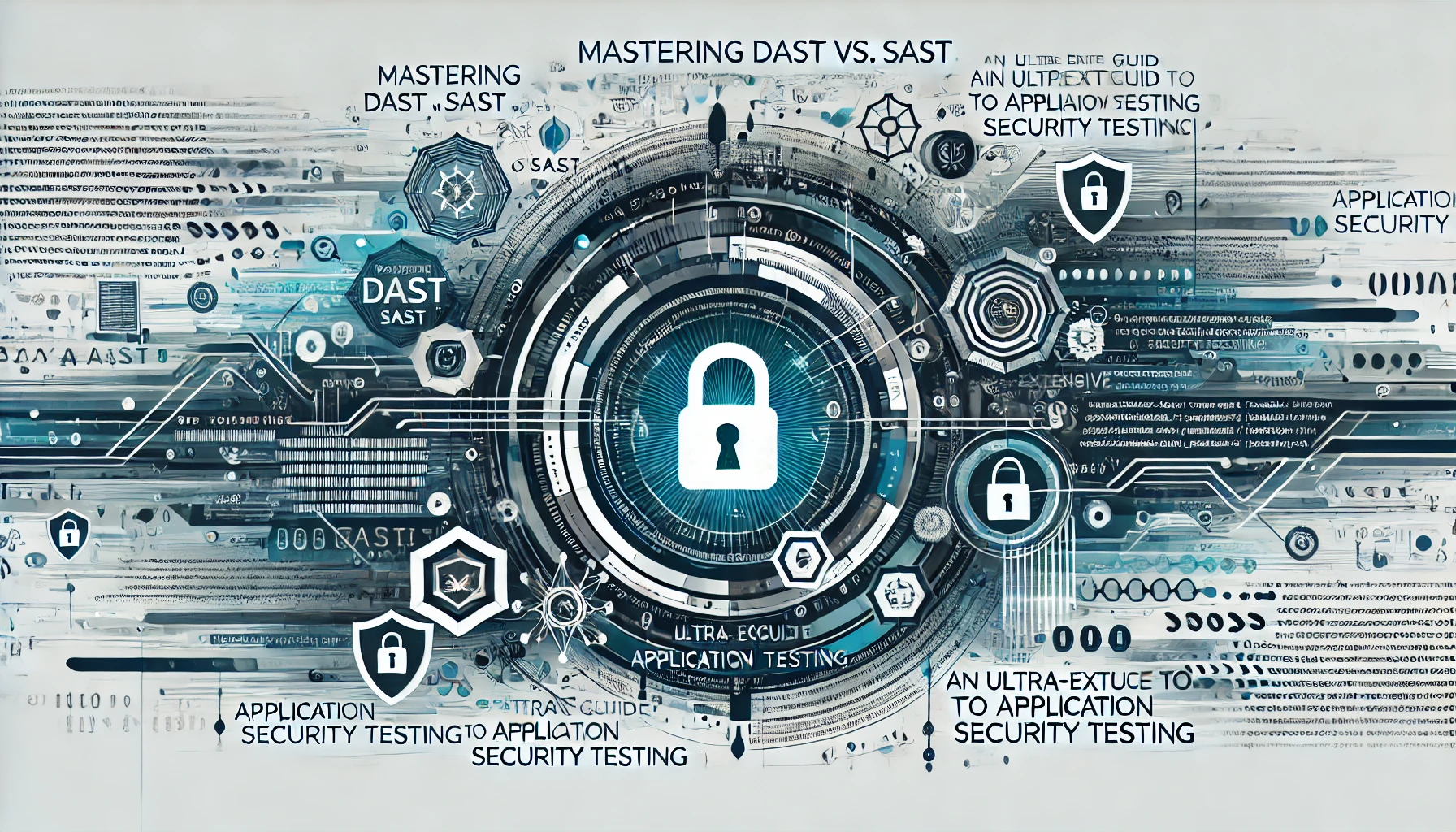Introduction
With the advent of advanced technologies, cybersecurity threats have become more sophisticated and rampant. To combat these threats, cybersecurity professionals are increasingly leveraging Artificial Intelligence (AI) to enhance their defense mechanisms. This blog post will delve into the role of AI in cybersecurity, highlighting its benefits and potential risks.
The Intersection of AI and Cybersecurity
AI’s ability to learn and adapt makes it an invaluable asset in the field of cybersecurity. It can identify patterns and anomalies in data, enabling early detection of potential threats. Furthermore, AI can automate routine tasks, freeing up time for cybersecurity professionals to focus on more complex issues.

AI in Threat Detection and Response
AI, particularly Machine Learning (ML), excels in threat detection. It can analyze vast amounts of data in real-time, identifying unusual activity that may indicate a security breach. Additionally, AI can aid in incident response by suggesting appropriate countermeasures based on the type of threat detected.
AI in Risk Assessment
AI can also play a crucial role in risk assessment. By analyzing historical data and understanding patterns, AI can predict future attacks and help organizations prepare accordingly.
The Flip Side of AI in Cybersecurity
While AI offers numerous benefits in cybersecurity, it’s not without its risks. Cybercriminals can use AI to launch sophisticated attacks, making it a double-edged sword. Therefore, organizations must employ robust security measures to prevent the misuse of AI.
Conclusion
The role of AI in cybersecurity is undeniably significant, and its importance will only continue to grow. However, as we harness its power, we must also be cognizant of the potential risks and take appropriate measures to mitigate them.







